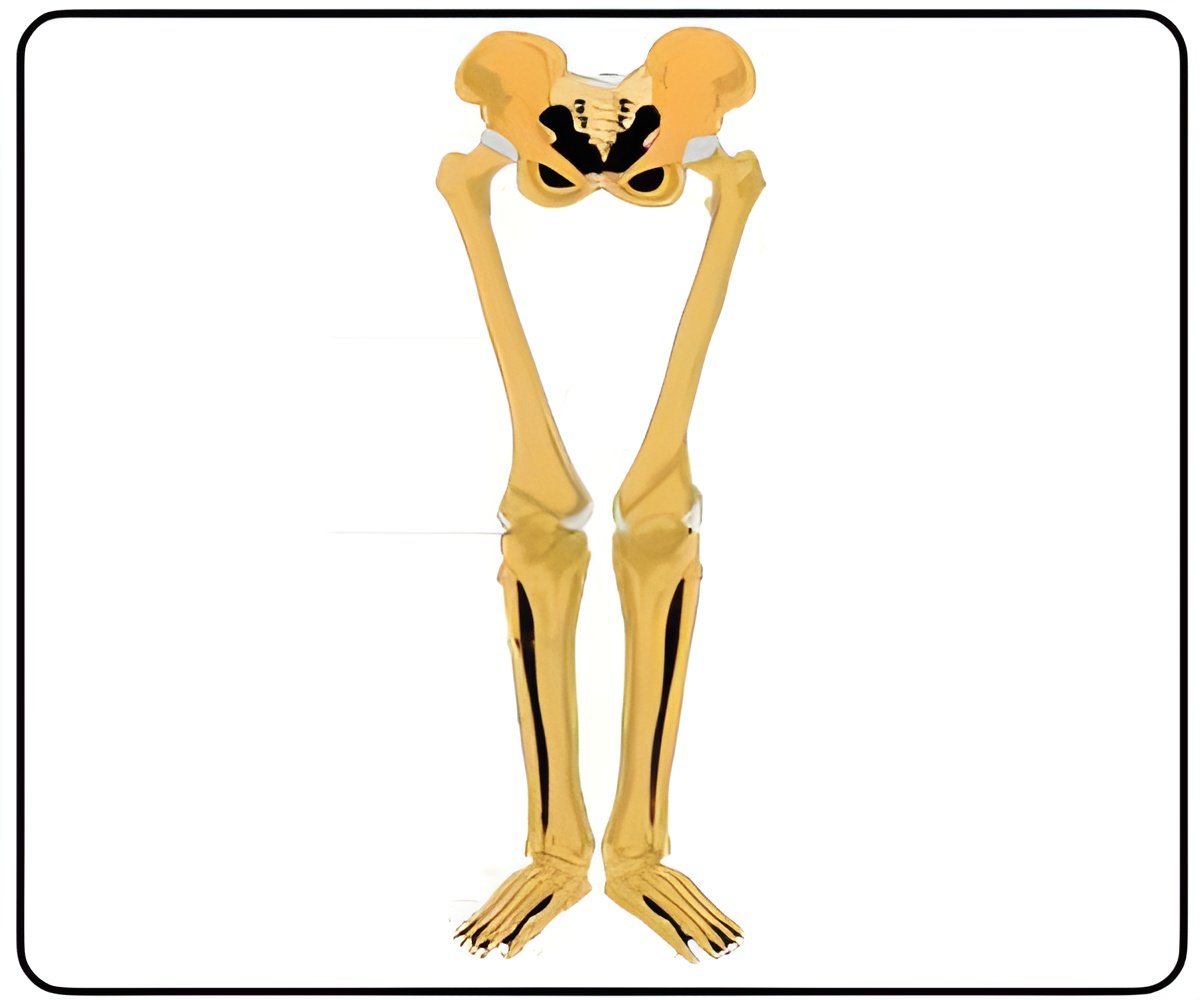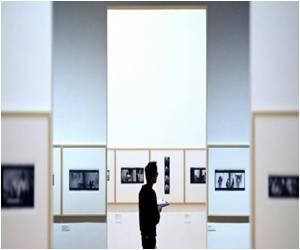Crisis-hit Greece is on tenterhooks after a skeleton has been discovered in the mysterious, richly-decorated tomb from the time of Alexander the Great, the country's culture ministry said Wednesday.

The skeleton will now "be studied by researchers", the ministry said in a statement. Katerina Peristeri, the archaeologist in charge of the dig at huge tomb near Amphipolis in northern Greece, is due to reveal the first of her highly anticipated findings on November 29.
The discovery comes as archaeologists confirmed that another tomb close to where the treasure-filled burial chamber of Alexander's father Philip II of Macedon was unearthed in 1977, has also survived the centuries intact.
Angelique Kottaridis, who is in charge of the dig at Aigai, modern Vergina, 180 kilometres (110 miles) to the west of Amphipolis, said it also dates from Alexander's lifetime, after breaking the news on her Facebook page Tuesday.
The near-intact sculptures and staggering mosaics found at Amphipolis have been a cheering reminder of past glories for a country mired in economic woes.
The beauty of a sphinx and intricate mosaics of a man driving a chariot and the abduction of Persephone by Pluto have also fuelled theories that the tomb was for a very high-status individual.
Advertisement
After his mysterious end in Babylon he is said to have been buried in Alexandria in Egypt, the city he founded, although no grave has ever been found.
Advertisement









